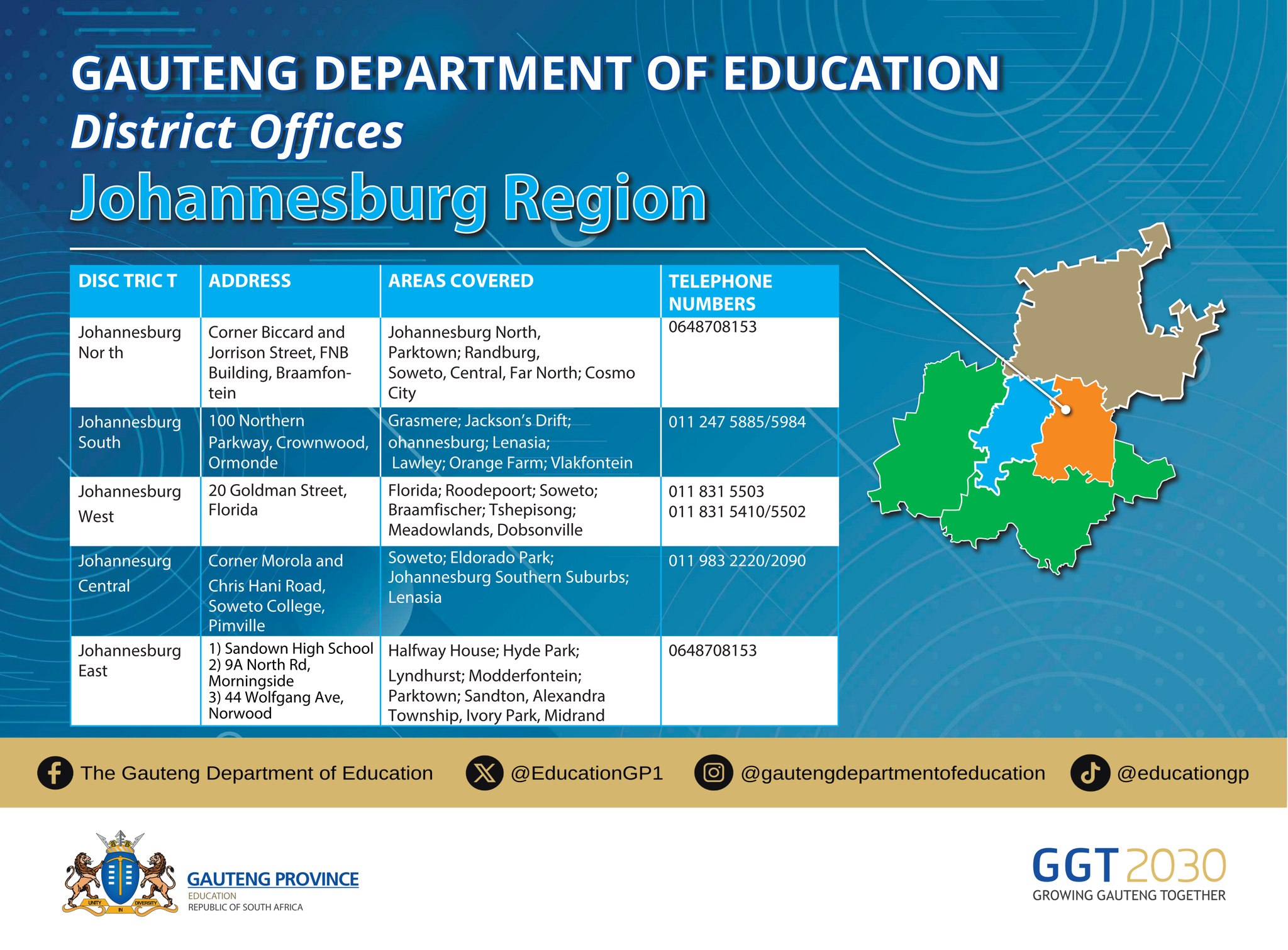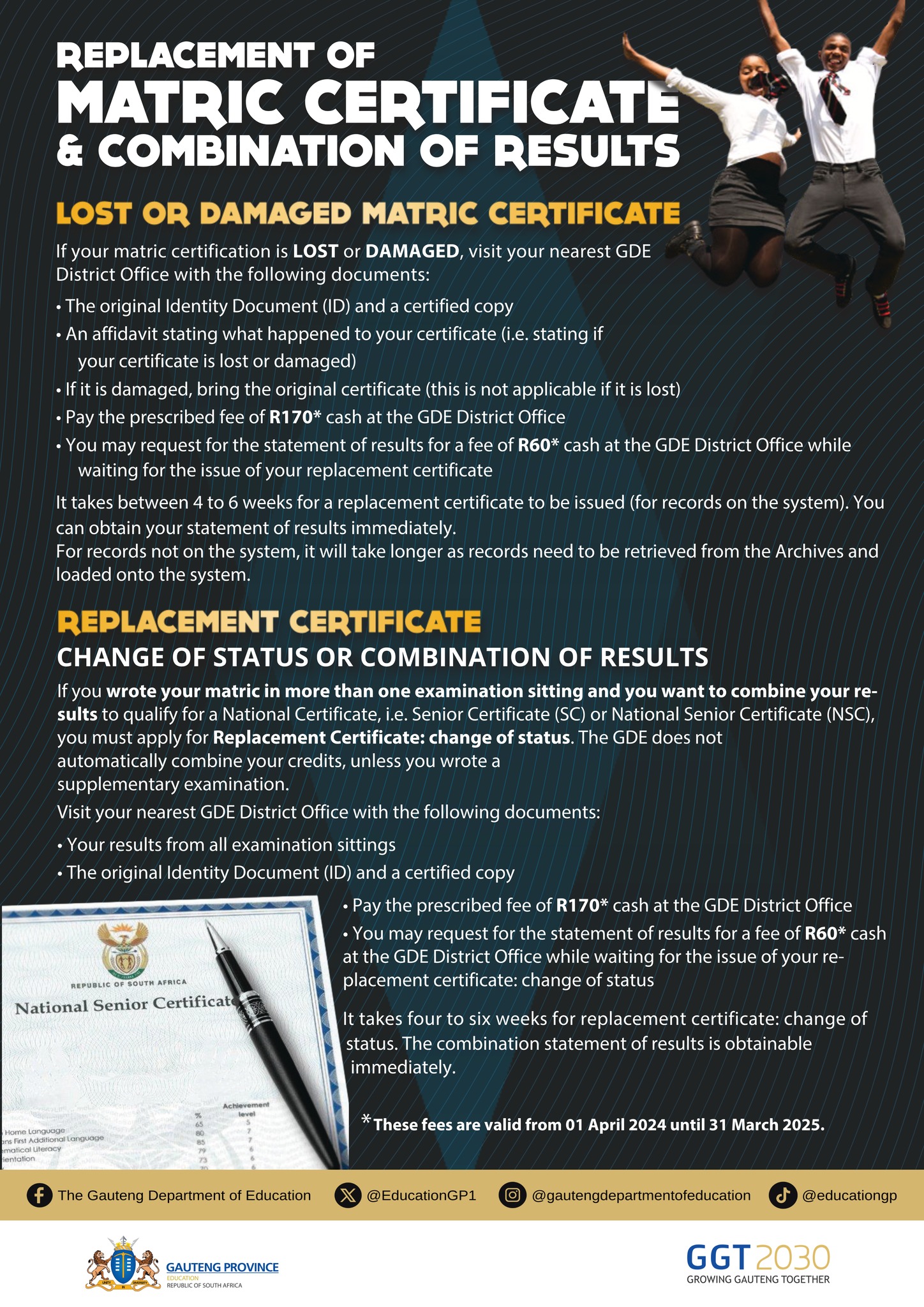By Prof. Busisiwe Mavuso,
PRESIDENT Cyril Ramaphosa delivered on giving impetus to the reform agenda, particularly those being addressed by Operation Vulindlela in its “phase two”, focusing on water system reforms and addressing dysfunctionalities at local government level.
“It was particularly important for the President to consolidate the work needed to deliver 3% economic growth by the end of this year,” says BLSA CEO Busisiwe Mavuso. “His emphasis on ‘finishing what we started’ is encouraging and business will continue to work with government as a partner to help deliver the outcomes we both seek, especially the strong economic growth that will generate to reduce unemployment and increase the tax revenue needed to support government’s social programmes.”
President Ramaphosa was particularly strong on presenting initiatives for municipal reform, where his promise to undertake extensive consultation to develop an updated white paper on local government is most welcome. This needs to address an array of problems, not only financial mismanagement but also the high levels of debt – owed to and by municipalities. “The fact that the President specifically mentioned that the funding model for municipalities would be reviewed in the White Paper is important,” Mavuso says. “The debt issue has been left for too long and has become a significant albatross, preventing many municipalities from being able to deliver services.”
He also promised to ringfence revenue from electricity and water services so that water revenue, for example, is used by a municipality on its water systems, rather than funding general expenditure.
“The fact that he spent much of his speech emphasising the importance of getting municipalities up to standard in terms of their management of the key areas of water and electricity was further encouraging because it signals that government recognises how important it is for the economy to have more efficient local government capacity,” says Mavuso.
His focus on securing reliable water supply across the country shows that water reform has made an encouraging start, with R23bn of government funding secured for seven large water infrastructure projects. He said: “We will ensure our focus on water is intensive, and it will speed up.”
With regard to infrastructure development generally, though, BLSA is somewhat disappointed at the lack of ambition on infrastructure development. Nothing new was announced to accelerate the process and he stuck with the existing R100bn infrastructure financing target. However, he said the project preparation bid window launched “to fast-track investment readiness would include revised regulations for public-private partnerships, which will unlock private sector expertise and funds”. This has been promised in years gone by and BLSA urges government to conclude these reforms to unlock much more private sector investment into infrastructure.
However, the President was clear that getting Eskom and Transnet working optimally is an immediate focus. He promised fundamental reforms would be concluded. BLSA welcomes the commitment to finding innovative ways to attract private investment. However, there is not far to look to find such ways – the private sector is ready to invest in rail and port infrastructure, for example, through appropriate concessions that allow private operators to manage public infrastructure on clear and legally sound terms, including an appropriate PPP framework. Already billions have been invested into electricity generation thanks to reforms that enable the private sector to develop energy plants and to sell to Eskom. The President’s recommitment to establishing a competitive electricity market will ensure this investment continues to flow.
He also presented initiatives to strengthen the public service, introducing a graduate recruitment scheme to attract well-qualified personnel. Says Mavuso: “This is excellent news because currently every department recruits separately.” However, she urged for more widespread acceleration of the plans to professionalise the public service.
President Ramaphosa also said the visa system would be further enhanced to make it easier for skilled people to invest in South Africa and encourage tourism, and announced that more than 90% of the backlog of more than 300,000 visa applications has been cleared. “Congratulations are due here,” says Mavuso. “Historically skill visas have been a severe handbrake on the ability of businesses to operate efficiently.”
His announcement that phase one of a comprehensive funding model to address the needs of the missing middle in tertiary education is also welcome, and business will take heed of his call to try to accommodate more students in the workplace to build their work experience.
NHI, however, remains an area of concern. BLSA fully supports the goal of reducing inequalities in health care and ensure medical treatment is available for all citizens. “However,” says Mavuso, “he still made no mention of how it will be funded. Until that is clarified with feasible options, we cannot support this legislation.”
BLSA also welcomes the President’s assurance that the Zondo commission’s recommendations on the anti-corruption architecture that needs to be developed is moving forward, though his announcement of an anti-corruption advisory agency to co-ordinate between different departments and agencies is still a far cry from the independent anti-corruption agency that Judge Raymond Zondo recommended.
Mavuso says, however, that the establishment of “a world class digital lab” to support the fight against corruption and commercial crime is encouraging, and BLSA looks forward to more detail on this “and we stand ready to assist where we can”. BLSA has supported prosecutions through a memorandum of understanding with the National Prosecuting Authority that enables access to private-sector forensic skills.
He promised also to strengthen whistleblower systems and systems to deal with terror financing. “These will complement the reforms already undertaken to have SA removed from the FATF grey list, with 16 out of 22 action items fully addressed,” says Mavuso.
On the upcoming G20 under SA’s presidency, BLSA supports President Ramaphosa’s commitment to place the needs of Africa and the rest of the Global South more firmly on the international development agenda. He also stressed the importance of multilateralism through the membership of the United Nations, African Union, the Non-Aligned Movement and Brics group of countries.
Overall, BLSA is encouraged by the strong focus on reform acceleration and the moves to strengthen the country’s anti-corruption architecture. The overall goal is for a country with efficient network industries that facilitate rather than hinder business activity, providing the foundation for sustained economic growth, complemented by a strong judiciary and anti-corruption mechanisms that are independent of the government. “If the President delivers on what he’s promised, ensuring effective implementation of these and other initiatives, we believe the country will be on track for accelerated and sustained growth,” says Mavuso. “While challenges will continue to confront us, the strong gains we’ve already made on the reform front, particularly those driven particularly by Operation Vulindlela, provide hope that the difficult tasks ahead of municipal and water reforms can be successfully achieved.”










